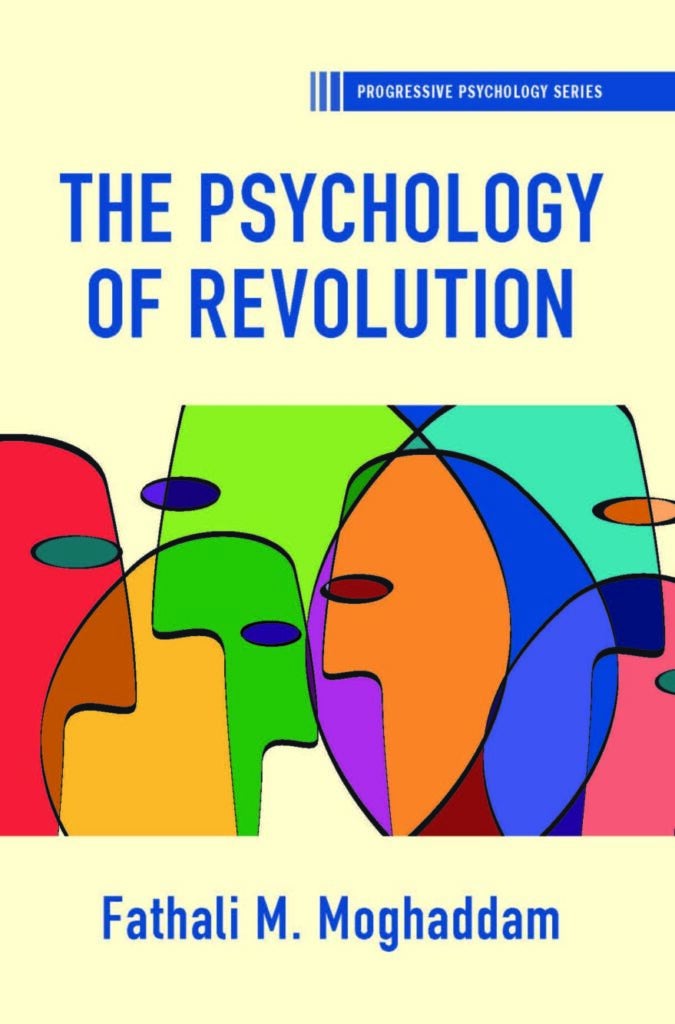A new book by Professor Fathali Moghaddam explores the Political Pitfalls of Human Psychology

“We’re in a time of very grave danger for democracy,” says psychologist Fathali Moghaddam.
Moghaddam, a professor in the Department of Psychology, is unnerved by the increasingly authoritarian tendencies he sees in liberal democracies and seeks to understand their roots in the human psyche. In his new book, The Psychology of Revolution, Moghaddam explores the intersection of the human mind and the antidemocratic aftermath of political revolutions.
“The Psychology of Revolution looks at how and why revolutions have failed to lead to democracy,” said Moghaddam. “Psychologically, what is it about humans that inhibits the development of a democracy after a revolution?”
Published by Cambridge University Press, The Psychology of Revolution is the latest in Moghaddam’s book series, Progressive Psychology. The series, which publishes books from an array of authors, seeks to understand the overlap of social and structural issues with psychology.
This article was originally published by the College of Arts & Sciences. Please follow the link to read the full story.
